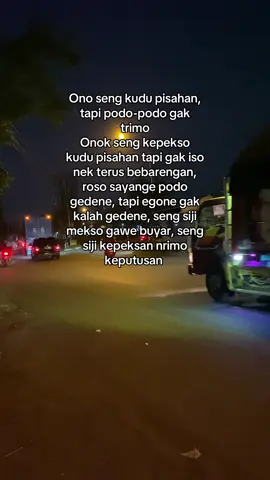user67479672980836العامري
Region: NL
Sunday 02 November 2025 14:05:57 GMT
356
16
1
1
Music
Download
Comments
مشتتة تائهة ياربي💔💔 :
اللهم لا تغرنا بحلاة هذة الدنيا 💔
2025-11-03 04:31:05
1
user3070928302 :
😔😔😔🤲🤲🤲🤲🤲🤲
2025-11-02 15:27:23
0
To see more videos from user @user674796729808362, please go to the Tikwm
homepage.






